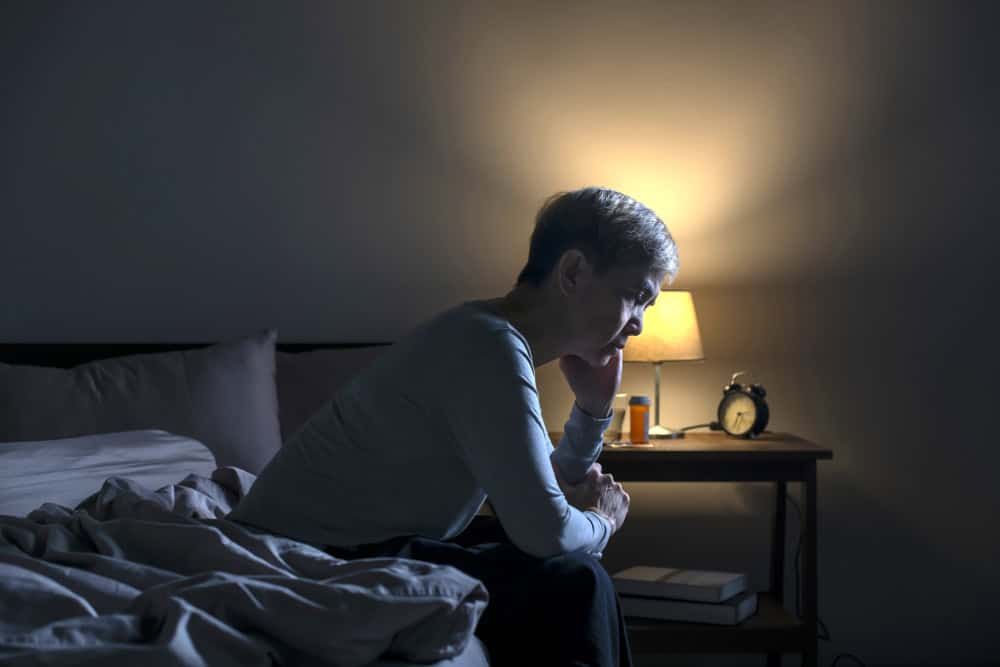Seniors
Want to learn more about this at Kettering Health?
At a Glance
Q: Why does sleep get harder as we age?
A: Aging affects the brain’s sleep-regulating systems, and health conditions can disrupt rest. Learn simple habits to improve sleep quality.
- Sleep is vital for brain and body health.
- Exercise and a dark room support better rest.
- Learn risks of poor sleep, including falls and dementia.
Getting a good night’s rest is one of the most important things you can do for your well-being. However, as you age, you may notice changes in your sleep pattern and overall quality of sleep.
Dr. Melissa Butler, a Kettering Health Years Ahead physician, says these changes are completely normal, but there are ways to help.
What causes disruptions in sleep?
Poor sleep can happen for many reasons. Much of it has to do with the natural aging of your brain, specifically the hypothalamus, a peanut-sized structure deep within the brain that helps regulate your sleep.
As the hypothalamus ages, your circadian rhythm can advance, making you go to bed and wake up earlier.
Conditions that cause pain and discomfort, like arthritis, can also be blamed for sleep disruptions. Other conditions, such as diabetes or an enlarged prostate, can interrupt sleep by causing more frequent bathroom trips throughout the night.
Disruption in nighttime sleep can often lead to excessive daytime napping, which, according to Dr. Butler, can actually cause more disruption in sleep.
She says, “I am not a fan of napping unless you’re sick or you had some major jet lag, something like that, because napping will almost always disrupt our sleep at night.”
Dr. Butler recommends resting for 30 minutes or less if you need a nap. She also says that napping earlier in the day is better.
Practicing good sleep habits
Along with avoiding excessive napping, there are plenty of ways to help you get a good night’s sleep. Dr. Butler makes the following recommendations:
- Avoid consuming alcohol before bed
- Avoid consuming caffeine after 2 p.m.
- Avoid eating before bed
- Exercise regularly
- Go to bed at the same time every night
- Make sure your room is dark
- Read a book instead of watching TV before bed
If you still struggle with falling asleep, a low dose of melatonin can be helpful in addition to these practices.
When to get help
Struggling to sleep can make your life miserable. If you are consistently experiencing nights of little to no sleep, Dr. Butler says it’s time to talk to your doctor about potential underlying conditions.
“Sleep is really important,” says Dr. Butler. “Biologically, we were meant to sleep.”
Poor sleep can do more than just make you tired. It can increase the risk of dizziness, falls, stress, cognitive decline, and dementia. Sleep disruptions can also interfere with your body’s restorative functions when you are sick or injured.
“Sleep is one of the best things we can do for our health,” she says. “Exercise, sleep, and eat well—it’s common sense, but sleep is a cornerstone of health.”









